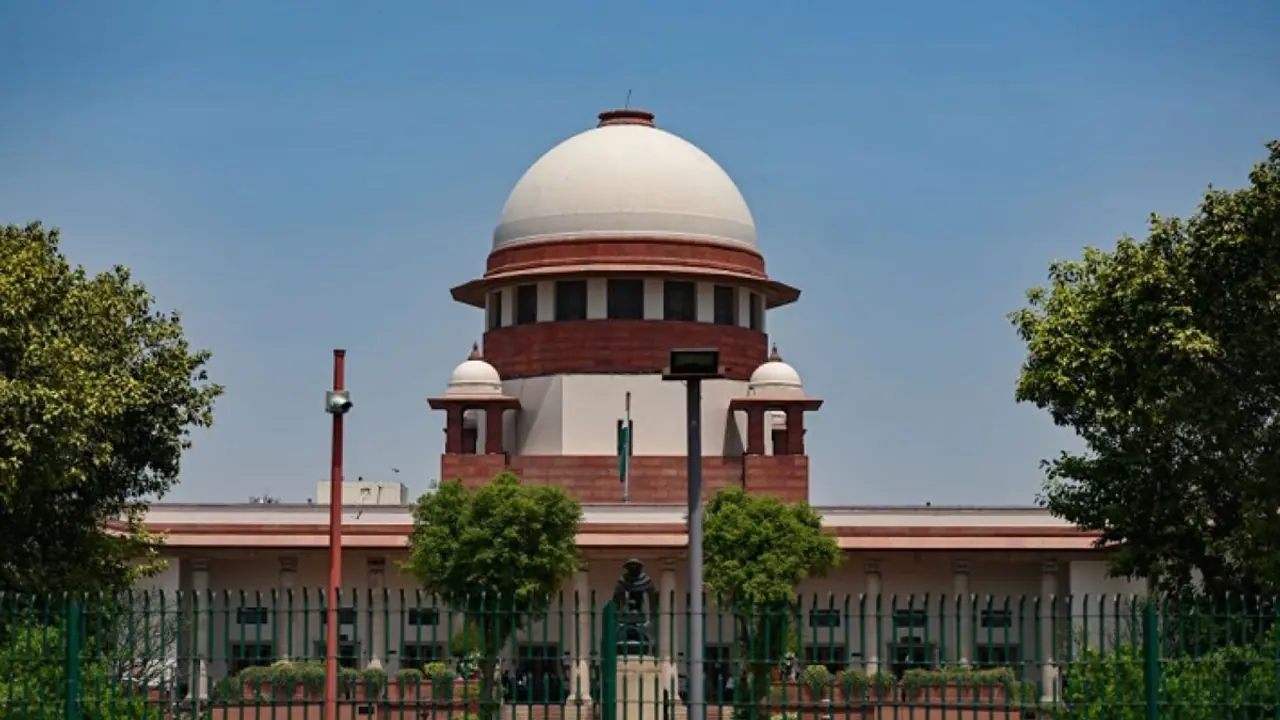The Supreme Court on Friday decided not to impose a sentence on a man convicted under the Protection of Children from Sexual Offences Act, 2012 (POCSO Act), after noting that the victim did not perceive the incident as a crime.
The Supreme Court on Friday decided not to impose a sentence on a man convicted under the Protection of Children from Sexual Offences Act, 2012 (POCSO Act), after noting that the victim did not perceive the incident as a crime and that she had suffered more due to the legal and social consequences that followed.

"The final report concludes that though the incident is seen as crime in law the victim did not accept it as one. The committee records that it was not the legal crime that caused any trauma to the victim but rather it was the consequence that followed which took a toll on her. What she had to face as a consequence was the police, the legal system, and constant battle to save the accused from punishment", the top court observed, according to Live Law report.
A bench of Justice Abhay Oka and Justice Ujjal Bhuyan exercised its powers under Article 142 of the Constitution (power to do complete justice) and decided not to impose any sentence.
After the incident, the convicted man married the victim (now an adult) and is residing with her and their child.
The court observed, “The facts of this case are an eye-opener for everyone. It highlights the lacunae in the legal system.” It said the committee's report concluded that although the act was a legal offence, the victim did not consider it one.
The Court observed that the victim had no opportunity to make an informed choice earlier due to shortcomings in society, the legal system, and her own family. “The society judged her, the legal system failed her, and her own family abandoned her,” the Court said.
It added that the victim is now emotionally attached to the accused and has become “very possessive about her small family.”
Justice Oka remarked, “That is the reason we are giving for exercising power under Article 142 not to impose sentence.”
The Court has issued several directions to the state government and has also issued notice to the Ministry of Women and Child Development to consider further action based on suggestions received from Amicus Curiae.
What's the case
The Supreme Court initiated proceedings after the Calcutta High Court acquitted a 25-year-old man convicted under the POCSO Act for engaging in sexual activity with a minor girl. The High Court had overturned his 20-year sentence, making sweeping comments about adolescent girls and their perceived moral obligations.
The High Court had said that an adolescent girl should "control sexual urges," stating that society considers her the "loser" in such encounters. These remarks triggered widespread criticism. The Supreme Court took note of the case, not only to review the acquittal but also to address the High Court's comments.
On August 20, 2024, the Supreme Court set aside the Calcutta High Court's judgment and reinstated the man's conviction.
While restoring the conviction, the Court did not proceed immediately with sentencing. Instead, it ordered a fact-finding process to evaluate the victim's present situation and her views about the case. The West Bengal government was directed to form an expert committee, including members from institutions like NIMHANS or TISS, and a child welfare officer, to coordinate the inquiry.


